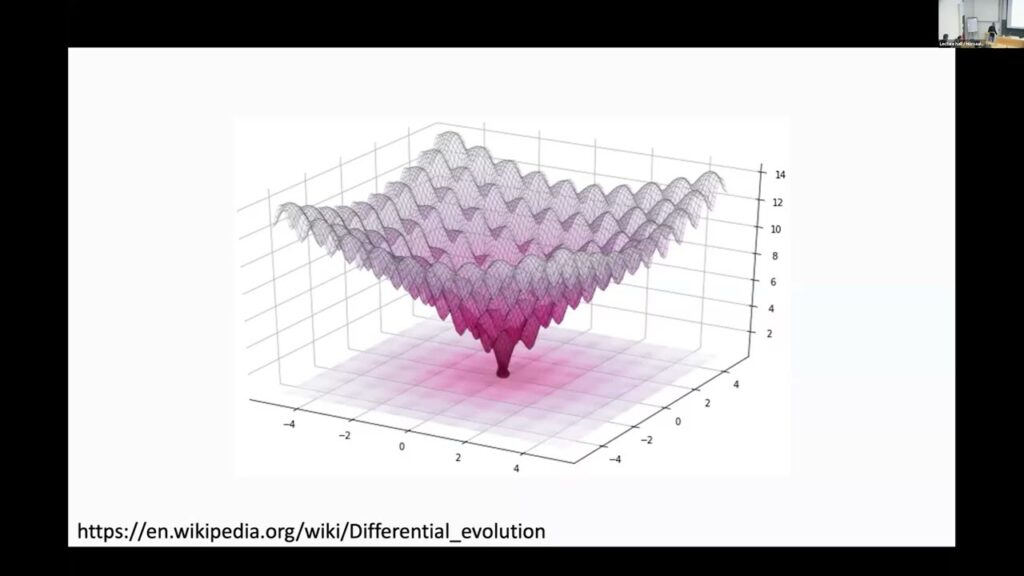The 2024 BIOMASS Summer School (21–25 October, Jena) focused on biomass and the carbon cycle, with lectures and hands-on sessions on ESA’s BIOMASS mission, SAR remote sensing, and ecosystem monitoring. Hosted by the Max Planck Institute for Biogeochemistry, it brought together experts and early-career scientists to advance methods for measuring, modeling, and understanding global biomass dynamics.
In another presentation, Nuno Carvalhais (Max Planck Institute for Biogeochemistry Jena) discusses how models and observational data can be linked to better understand environmental processes. It explains challenges in model construction, parameterization, and uncertainties in forcing data, which often lead to ill-posed problems such as equifinality and lack of identifiability. Various strategies like optimization algorithms, Bayesian approaches, and the use of multiple constraints or priors are introduced to improve parameter estimation and model performance. Ultimately, the talk emphasizes that parameter estimation and data assimilation are central for bridging models with real-world observations.

By loading the video, you agree to YouTube’s privacy policy.
Learn more



Electronic Arts is one of many companies who decided to skip June’s most important gaming announcements, and has confirmed that it won’t hold the EA Play event this year. The company instead, Electronic Arts says that it will announce its forthcoming games in 2022 “when they are ready.” It’s possible that June doesn’t fit its timetable, but it appears like it could be more suitable. EA is expected to release three major games in July, including the coming FIFA, Need for Speed and Skate games.
According to an insider sources Tom Henderson, all three games are planned for announcement in the month of July. It is noted that there is no specific event in which the games will be played, however, they will take the form of announcements for each game. The exact times for announcements don’t appear inside the article. But, Henderson does say that he’s been told the FIFA as well as the Need for Speed announcements will be announced in the second quarter of July.
FC 26 is an experience that the majority of players of the franchise will already know about The announcement of the game is far more exciting than anticipated. A number of important aspects about the game have been verified by EA. For instance, FC 26 will include both leagues for women and men and will also include both genders’ World Cup tournaments. EA has previously stated it will be the first time that FC 26 will have full crossplay, which that was tested with FC 26. It is also important to note that this is the final EA soccer game with its FIFA branding. The game will be rebranded as EA Sports FC in 2023 and beyond.
Skate is a different game that was previously authentically acknowledged by EA. The following Skate was announced during the June 20th, 2020 Online EA Play presentation, though it was confirmed as being very far from being developed. It is often known as Skate 4. even though the official title hasn’t yet been released however, this game will become the very first Skate game that is released in 2022.
New Need for Speed will be the most interesting announcement out of the three. Codemasters was recently bought by EA and confirmed that it was working on a brand new Need for Speed with Criterion earlier in the year. It’s also believed to be a next-gen racing game. In other words, there are many questions regarding the forthcoming Need for Speed, like whether it really has “anime components” or if it’s an outright lie.
The fans of FIFA, Need for Speed, and Skate series likely will not be waiting long to find out more information If this is the case. July is only a few days from a start and, even if announcements themselves aren’t made at the end of this month EA is likely to announce the news prior to time.
Best EA FC 26 Coins store is MMOexp.com.